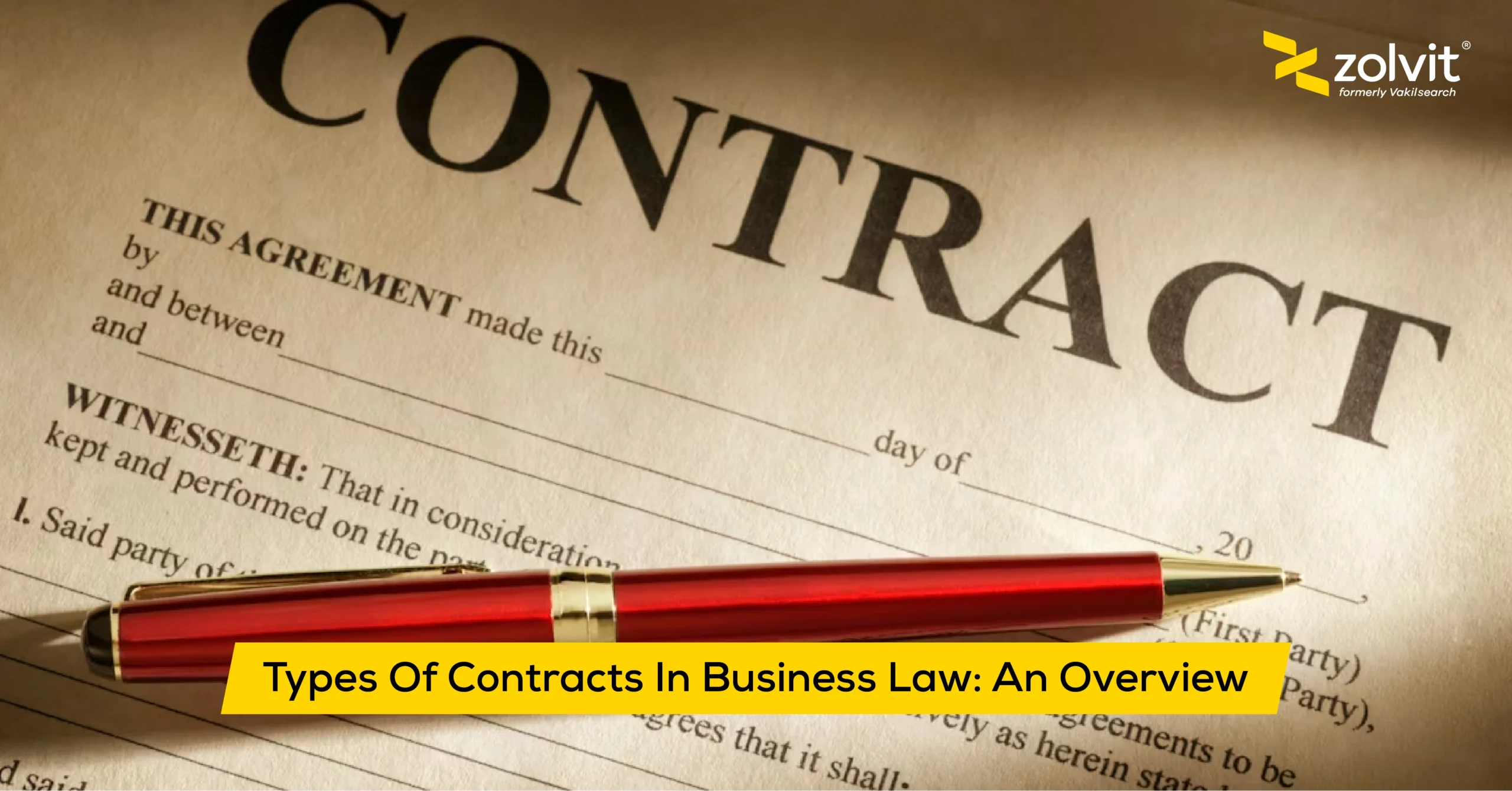Property easement laws and rights of way disputes are governed by various rules and regulations. Some of the key Acts that apply include:
The Indian Easements Act, 1882
This Act establishes and regulates easement rights, where an individual can use someone's property for particular purposes, such as a right of way, light, or water. It specifies the kinds of easements, how they are acquired, and how they may be terminated or altered.
The Land Acquisition Act, 2013
This Act regulates the procedure by which the government can take private land for public use, providing just compensation to the owners. It establishes procedures for valuation of land, notifications, and disputes, protecting landowner interests and demanding due process.
The Right to Fair Compensation and Transparency in Land Acquisition, Rehabilitation and Resettlement Act, 2013
This Act provides for fair compensation, rehabilitation, and resettlement of those whose land is taken over by the government. This Act seeks to safeguard resettled families by offering sufficient compensation and enabling their resettlement, with a focus on transparency and accountability.
The Transfer of Property Act, 1882
This Act governs transfer of property amongst living individuals, such as conditions for sales, mortgages, leasing, and gift. It ensures that transfer of property in a legal sense is done clearly, with specifications for both transfer of movable property and immovable property.
The Limitation Act, 1963
This Act provides time limits within which a legal action or suit must be brought, including disputes relating to property. It ensures that legal claims are brought within a stipulated time, ensuring fairness and certainty in matters of property and contract.
The Indian Registration Act, 1908
This Act regulates the registration of property-related documents, including deeds of sale, leases, and mortgages. It requires some documents related to property to be registered in order to be legally effective, giving a public record and minimising fraud.
The Indian Contract Act, 1872
This Act establishes the premise of contracts, such as property deals. It prescribes the requirements of valid contracts and rights and duties of parties to transactions, making them fair and enforceable in law.
The Specific Relief Act, 1963
This Act furnishes remedies for the enforcement of contractual and property rights. It contains provisions for specific performance (compelling a party to complete a contract), injunctions, and restitution of property possession, to ensure proper protection of true property owners.







